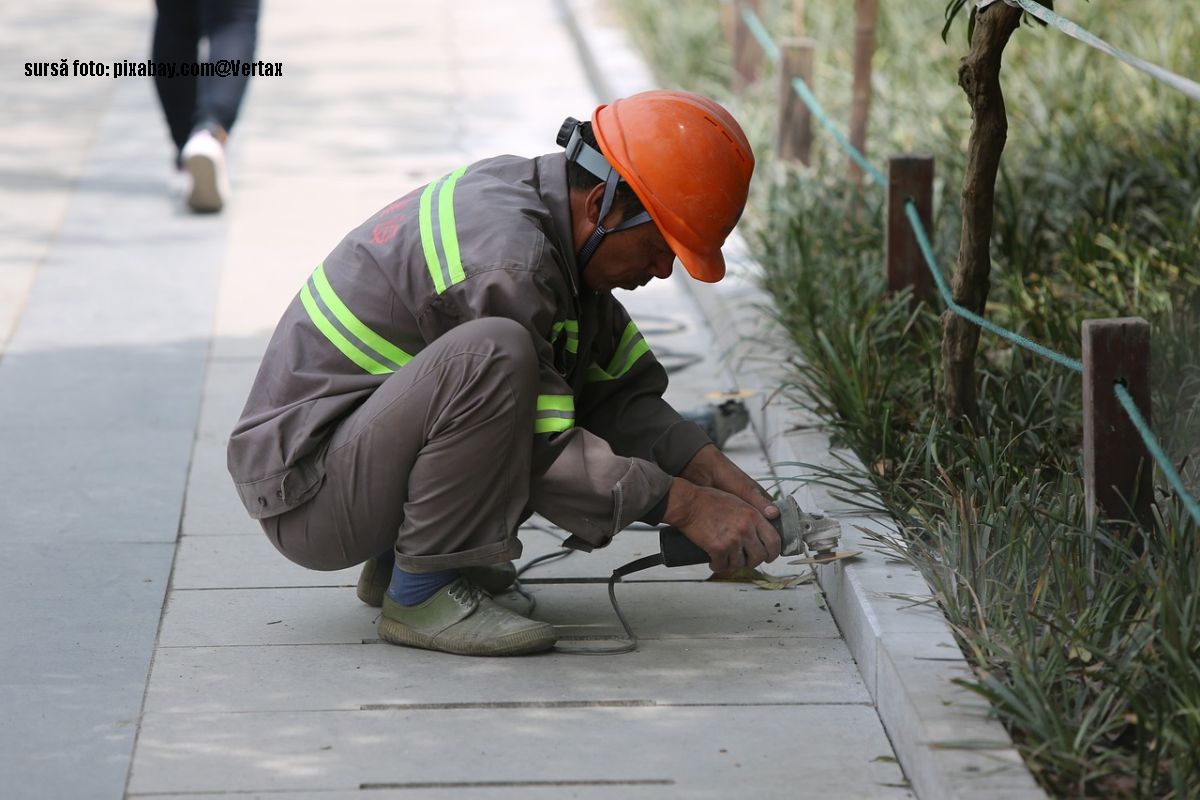A New Chance for Vulnerable Teenagers
With nearly one in every ten children born by a teenage mother aged between 15 and 19, Romania is among the EU countries with the biggest number of such cases.

România Internațional, 11.02.2015, 13:14
With nearly one in every ten children born by a teenage mother aged between 15 and 19, Romania is among the EU countries with the biggest number of such cases. Moreover, problems such as obesity, school dropout, drinking and smoking from an early age are on the increase. These are some of the reasons why a second Resource Center for Vulnerable Teenagers has been opened in Bucharest. This is the place where teenagers can receive counseling and support and have access to rehab programs.
Group activities are also held at the center, offering teenagers the opportunity to talk to experts about key issues such as relationships and health. The center has been designed as a bridge between adolescents, especially the vulnerable ones, and community and family. In order to support young people, UNICEF, in partnership with the Youth and Sports Ministry, Bucharest’s Sector 4 mayoralty and the Alliance for the Fight Against Alcoholism and Drug Abuse have also launched the Young Opportunities Program to be implemented over the next three years in the cities of Bucharest, Cluj, Iasi, Constanta and Bacau. Attending opening of the second Resource Center for Vulnerable Teenagers in Bucharest, UNICEF’s representative in Romania, Sandie Blanchet pointed out that Romania’s almost 1.7 million teenagers are dealing with the same problems as other adolescents from around the world.
The support measures for underprivileged teenagers living in Bucharest’s Sector 4 come at a crucial time for Romania’s youth policies, according to Cosmin Cristian, State Secretary with the Youth and Sports Ministry.
Cosmin Cristian: ” We are happy that the National Youth Strategy for 2015-2020 has been recently adopted by the Romanian Government. This Strategy has special provisions for teenagers, this vulnerable category likely to give in to temptation. Romania is home to over 6 million young people aged between 15 and 34, of whom 1.7 million are teenagers. The National Youth Strategy is aimed at supporting their participation in the in the economic, social and cultural life of the country, offering them equal opportunities. In order to implement it at national level, we need to apply it locally first. We do not want to stop here.”
Under the Young Opportunities Program Over 1,500 young people will be provided information while another 200 will be offered opportunities for development at the Resource Center in Bucharest’s Sector 4. As many as 10 thousand teeners are expected to benefit by this pilot program. Bogdan Goldeanu, head of the ALIAT Association, says young people need to be made aware of the risks they are facing. The Association has so far supported around 3,000 teenagers both in schools and high schools, as well as informal socialization environments.
Bogdan Goldeanu: “On average, teenagers have their first contact with alcohol, drugs and smoking at the age of 13. By the age of 17, 76% of the girls and 75% of the boys have already experimented at least two of them. If 60% of teenagers become consumers out of curiosity, after one year and a half teenagers become regular consumers, hence the problems. Some of them become school dropouts, join all dubious circles and very often their family is unable to help them. International studies have revealed that every year 9% of the young people aged between 15 and 29 die from alcohol-related causes. Romania ranks 8th out of 188 countries, in terms of alcohol consumption per capital. Also in Romania, over 40% of teenagers have drunk alcohol at least once, while the monthly average is almost 3 liters of alcohol per capita.”
Experts working with the Center will go to secondary schools and high schools to try to identify the teenagers with problems. Also, partnerships will be set up with institutions and NGOs that know very well the problems facing teenagers, to guide them to the Center. Another tool made available to teenagers is the platform www.adolescenteen.ro, where teenagers are given the opportunity to discuss with experts about their problems, and get information on development opportunities available in Bucharest.






























